Author Archives: wp_8686836
Mimetic Trouble with Judith Butler I
Featured
In this last dialogue for HOM Videos, Nidesh Lawtoo meets Judith Butler in Paris to account for the role a different, psychic, performative and troubling conception of mimesis play in their influential work. Taking a genealogical approach to Butler’s latest book to date, Who Is Afraid of Gender, Lawtoo asks Butler to revisit the role mimetic and expressive theories of aesthetic play in their influential book, Gender Trouble (I).
The Urgency of Mimetic Studies: From Imitation to (New) Fascism–Girard Lecture
Featured
In this 5th biannual Girard lecture, organized by the Dutch Girard Society, Nidesh Lawtoo steps back to the insights that, as of 2016, lead him to use the term “(new) fascism” as a warning against Donald Trump’s anti-democratic tendencies, which culminated in an insurrection on January 6. Despite many critical warnings and fascist actions, the efficacy of the affective and infective powers of mimesis never ceases to surprise. Hence, the urgency of new mimetic studies. More information HERE.
Mimetic Posthumanism: Homo Mimeticus 2.0 in Art, Philosophy and Technics
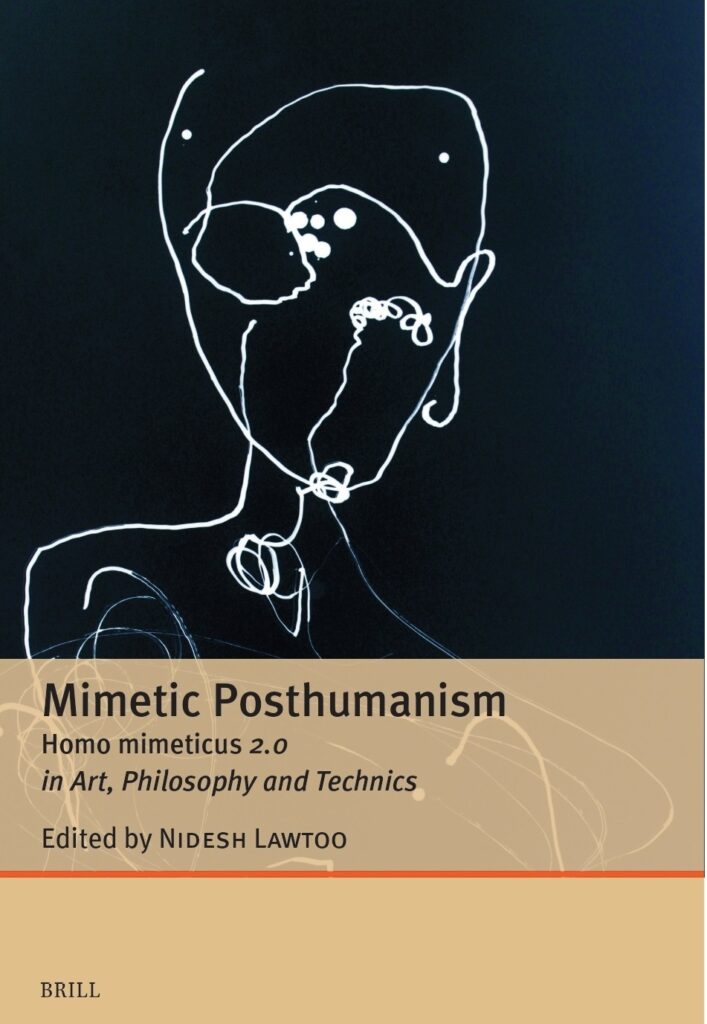
It is indeed tempting to affirm that on and about November 2022 (post)human character changed. The revolution in A.I. simulations calls for an update of the ancient realization that humans are imitative animals, or homo mimeticus. But mimetic posthumanism is not limited to A.I.: from simulation to identification, affective contagion to viral mimesis, robotics to hypermimesis, a plurality of posthuman theorists–from Katherine Hayles to Francesca Ferrando, Ivan Callus to Patricia Pisters, among others—argue that it is because of our all-too-human tendency to imitate that we are caught in a mimetic process of becoming posthuman in the first place. Free download HERE
Homo Mimeticus II: Re-Turns to Mimesis
Featured
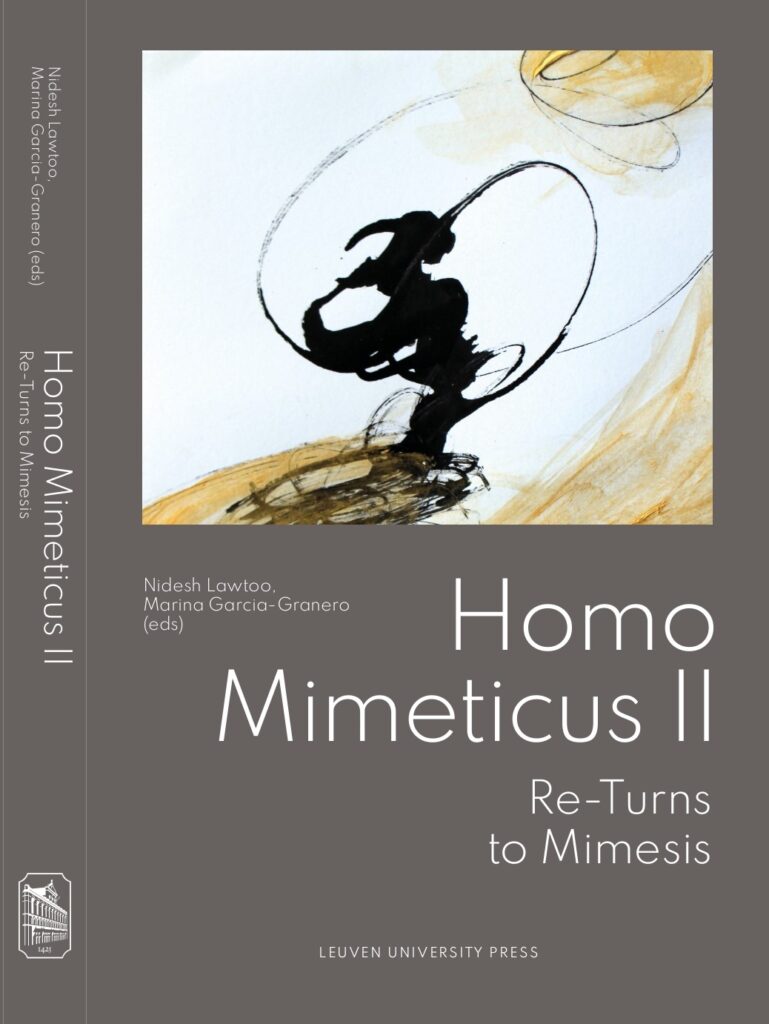
In this second installment of the Homo Mimeticus series (co-edited with Marina Garcia-Granero), international scholars working in philosophy, literary theory, classics, cultural studies, sociology, political theory, and the neurosciences engage creatively with the theory of homo mimeticus to further the transdisciplinary field of mimetic studies. See FREE download & BLOG.
ONLINE BOOK LAUNCH:
)
Homo Mimeticus in Spanish with Tirant lo Blanch
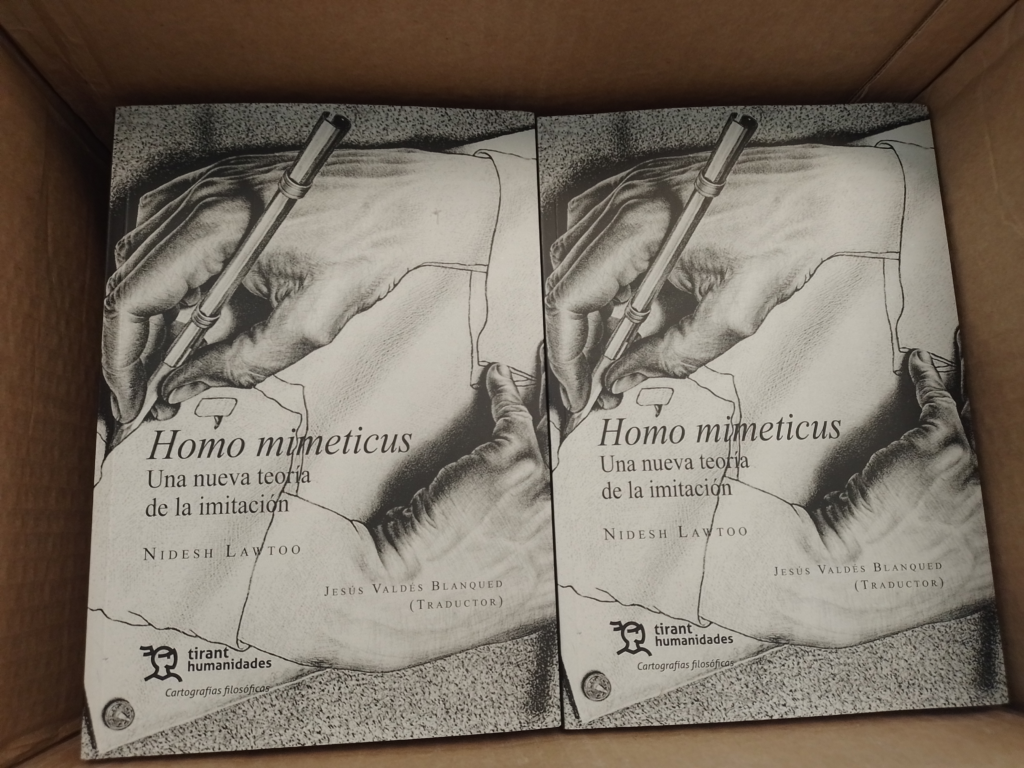
Desde la aparición de esa especie original a la que llamamos Homo sapiens, muchas son las cosas que han cambiado. Sin embargo, en plena era digital, los seres humanos siguen siendo criaturas miméticas. Free e-book.
ACLA 2025 CFP Mimetic Studies: New Theoretical Steps for the Mimetic (Re)Turn
Organizers: Nidesh Lawtoo & Mathijs Peters
The goal of this ACLA panel is to engage productively, critically and creatively with the mimetic (re-)turn to both deepen and further the transdisciplinary field of mimetic studies. We are especially interested in the contemporary conceptual masks of mimesis that enable us to further explore the two “faces” of mimesis that go beyond good and evil: understood as a vibrant affect that destabilizes the boundaries of individuation, mimesis on the one hand generates life-negating pathologies and, on the other hand, produces life-affirmative patho-logies. More here.
Das Phantom von Ego: Nietzsche, Modernismus, und das Mimetische Unbewusste (2024)
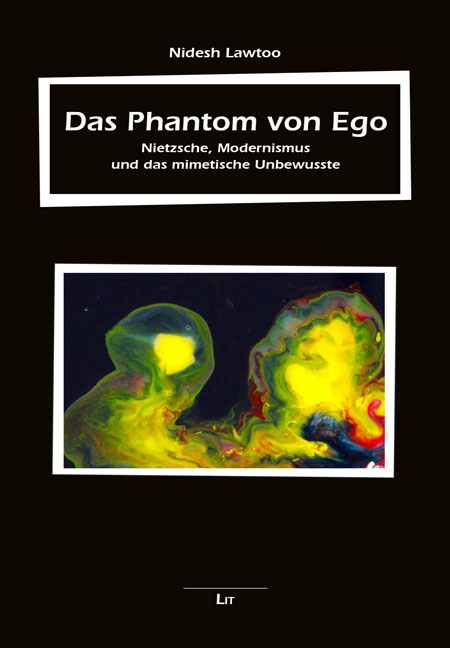
Homo Mimeticus: Eine neue Theorie der Imitation (2024)
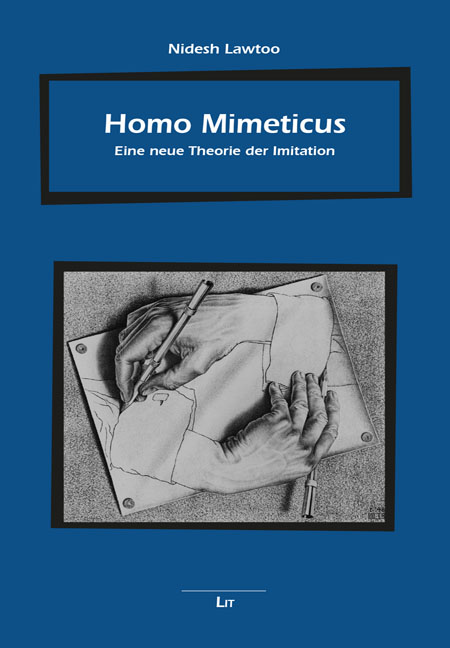
German translation available Open Access with Lit Verlag here.
The Mimetic Turn, Special issue of MLN
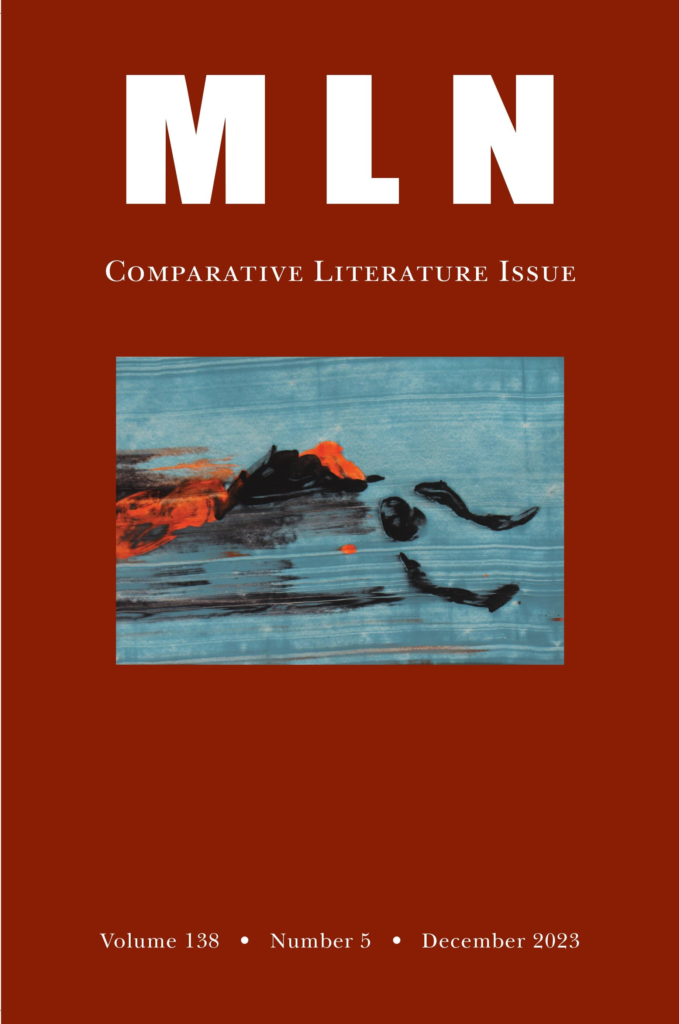
In this special issue of Modern Language Notes (Johns Hopkins UP) edited by Nidesh Lawtoo, contributors join literary and philosophical perspectives to further the interdisciplinary field of mimetic studies. After the linguistic and the affective turn, the new materialist and the performative turn, the cognitive and the posthuman turn, the issue argues for a re-turn to the ancient, yet also modern and still contemporary realization that humans are mimetic creatures, or homo mimeticus. Essays on Plato, Nietzsche, Wilde, Benjamin, Adorno, Borges, as well as on contemporary film and fiction, give theoretical and aesthetic substance to this claim. More information and OA articles available HERE.
